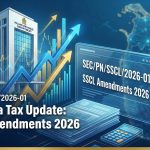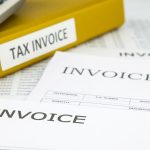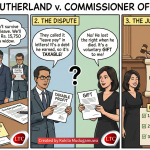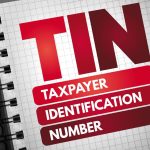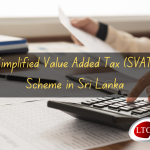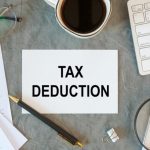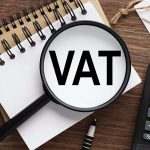ESC to be imposed on all imports
In terms of section 2 of the ESC Law, ESC is charged at a rate of 0.5%, inter alia, on the import of specified goods into Sri Lanka, mainly representing goods subject to the Special Commodity Levy, motor vehicles and gold.
It has now been proposed in the Budget to impose ESC on all imports into Sri Lanka, other than capital goods prescribed by the Minister of Finance.
ESC was imposed at the point of import as a mechanism to collect the tax upfront, so as to prevent the leakage of tax revenues. The ESC so collected was subsequently granted to the importer as credit when the importer was liable to pay the said tax on turnover on the sale of goods so imported.
This proposal seeks to further strengthen enforcement of ESC by widening the collection of the upfront tax.
ESC base for imports
Presently, ESC is imposed on the aggregate of cost, insurance and freight (CIF) value of goods imported into Sri Lanka. In terms of the proposal, this base is to be enhanced to reflect the CIF value + Customs duty, Cess, PAL and SCL payable in respect of such goods imported. Accordingly, the effective ESC collected at the point of import would increase.
Rate of tax applicable to export of goods or services
The ESC is imposed at the rate of 0.5% of “turnover” arising to any business. It has been proposed to revise the rate applicable to turnover arising from the export of goods and services to 0.25%. The Minister in his Budget Speech, intimated that relief was targeted at the export, IT and tourism sectors.
ESC is currently available as income tax credit for a period of 3 years and any un-expired balance has to be written off. Since profits from the above named sectors are liable to tax at a concessionary rate of 14%, these sectors generally have to write off un-absorbed ESC credits since 0.5% of turnover is in excess of their tax liability. Hence the proposal would provide relief to these sectors by effectively reducing their tax costs.
